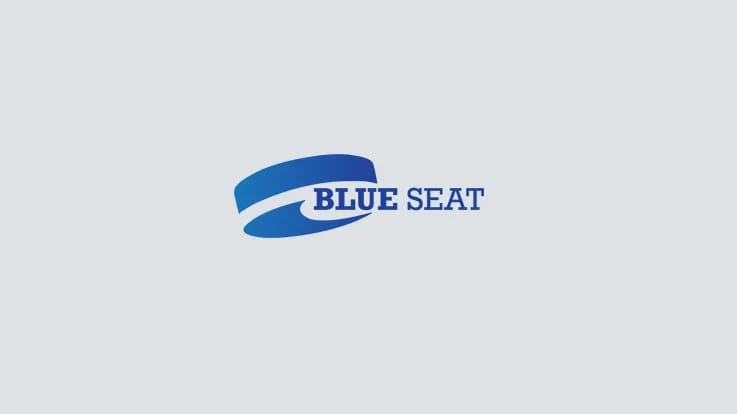
The report card I’m sure many were waiting for, it’s time to discuss David Quinn. Everyone is expecting an F, and I am letting you all know right now that he did not get an F, or an F-, or a P, or anything worse than an F. There is a lot of bad that went down this year with Quinn, but to ignore the good is to only tell one side of the story, and we aren’t about that here.
David Quinn’s final season record in New York was a 27-23-6 record, 5rh in the East Division. The Blueshirts finished the season 11 points out of the playoffs, despite scoring 177 goals (third in the division). The Blueshirts made great progress on defense this season, but were ultimately not strong enough, allowing 157 goals, enough to keep them out of the playoffs.
The system was an issue
This is likely beating a dead horse right now, but David Quinn’s system was a major problem. The Rangers were way too passive defensively. This led to inconsistency on the forecheck and backcheck, which led to way too much space for the opposition through the neutral zone. That in turn led to giving up the blue line by design. It was a waterfall of issues that led to the product we saw on the ice.
Another aspect that came to the forefront at the end of the season was Quinn’s message to the team to always go 100% and in straight lines to the puck. The translation was that every single stride is at 100% heading towards the puck, stifling offensive creativity. That kind of message is great for developing kids and growing the game, but at the pro level these guys don’t need that. It’s about reading the play and knowing when to take the straight line to the puck, and when to read the outlet options and try to cut it off.
Ryan Strome was quite candid about this in his end of the season interviews with the press. It was a little surprising, both the candidness and the message. It was clear that Quinn did not have the room.
All of this came to a head with the style of play, which made the Rangers easy to play against. In the end, this system –and injuries to Jacob Trouba and Ryan Lindgren– led to the Rangers getting manhandled by Tom Wilson and then the Islanders. As much as we focus on the message that the Rangers are targeting grit, we likely aren’t having this conversation if the Rangers play aggressive hockey.
It wasn’t all on him
To blame the entire season on Quinn is unfair. The Rangers were a flawed team from the start, with only five viable defensemen and a hodgepodge of questionable fourth line options. This was a transitioning team, not a competing team.
Then the drama happened. The five viable defensemen were reduced to four when Tony DeAngelo was booted from the team. Additional injuries to the blue line led to Jack Johnson and Libor Hajek –the 8th and 9th defensemen– getting significant minutes and games.
Up front, Mika Zibanejad’s COVID issues and Filip Chytil’s injury gave the Rangers just one real center and Brett Howden. It doesn’t matter how great the wingers are, you can’t win with two real centers. As much as we have issues with Quinn’s system and message, these issues were out of his control.
Deployment was in his control, and it was bad
It was a daily conversation on social media. What would David Quinn do next with his lineup? This would be broken down into several categories:
- How much ice time would Howden get?
- Would Alexis Lafreniere actually get real minutes?
- Kaapo Kakko?
- Would there still be four righties on PP1?
- Would PP2 actually play?
It was maddening, and this was entirely on Quinn and within his control. Along with the style of play, this was the biggest issue among his detractors.
Let’s not even get into his in-game adjustments, or lack thereof. Too many examples, but just know it wasn’t good. He was outcoached regularly.
Final Grade
It’s hard to give Quinn a decent grade when the major issues were all in his control. You can’t fail him because he did have some positive impact, especially with how some of the kids grew. There were also a few areas that were out of his control, thus absolving him of a full scale F.
I was never on team Fire Quinn, nor was I on team Keep Quinn. I was indifferent, which is probably more indicative of what I truly felt. His system was a major issue to me, as was his inability to make in-game adjustments.
This was a great learning experience for Quinn. There was good, there was bad. The key for him will be learning and adjusting to be successful. He’s a smart man, he will get another shot.
David Quinn 2021 Report Card Final Grade: D
More About:Coaching
